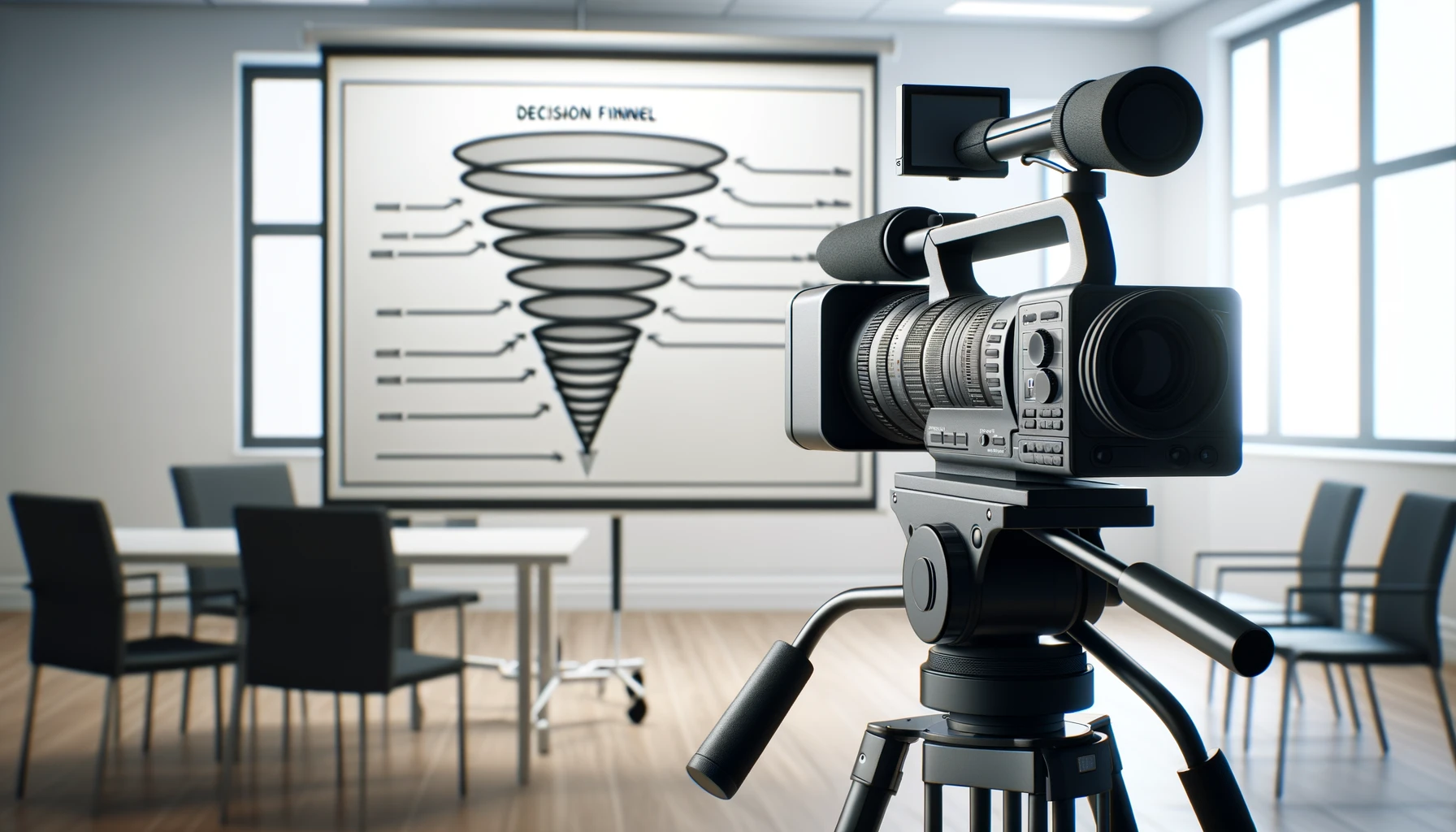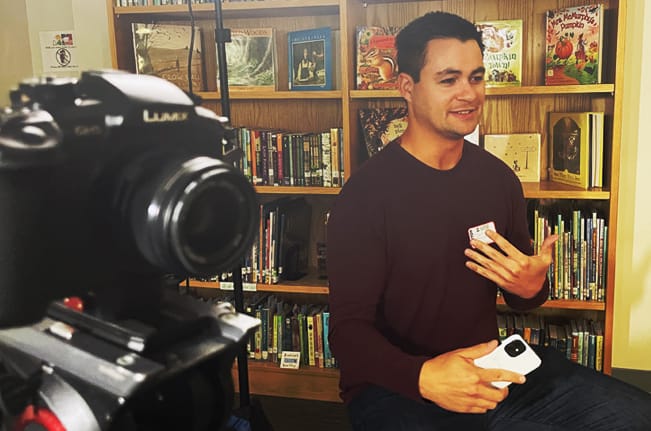Let’s face it: reshoots are annoying. There’s no feeling quite like wrapping up a successful day of filming only to review the footage and realize something went horribly wrong. Maybe your white balance was off, the lighting is terrible, or your subject was out of focus, and now the footage is unusable.
Once you get over the initial disappointment, it’s important to remind yourself that reshoots happen to the best of us. Everyone from business videography professionals to Hollywood filmmakers has had to go back and reshoot scenes, interviews, and b-roll. These professionals might have even needed to reshoot for reasons beyond technical issues, such as aesthetics or minor details that ultimately needed to be changed.
Reshoots aren’t all bad, either. In fact, you can turn a less-than-ideal situation into an opportunity. Let’s talk about reshoots and how to do them properly.
How to Do a Proper Reshoot
When you review your footage and see irreparable mistakes, it’s no longer a question of “if” you need to do a reshoot, but “how.” All you can do now is move forward with the reshoot properly to make the most of your film day and ensure you won’t have to go back.
First, you need to identify what went wrong during filming so that you can set up the scene correctly this time. Maybe you conducted a stellar interview but realized later that the entire video was out of focus. How could this have happened? Think about if the interviewee moved the chair once they sat down, or if there were any last-minute adjustments that could have put the subject out of range.
Once you determine what went wrong, you can confidently reschedule filming. While you prepare for film day, think of the reshoot as an opportunity to evaluate what could be done better. Review the footage and look for issues beyond the one that triggered the reshoot. For example, could you have changed the location, wardrobe, or the questions asked? You might also give the interviewee notes so they can prepare better, such as asking them to focus on one subject more or rephrasing something they said the first time. This second opportunity will also allow the interviewee to get more comfortable with the camera, considering they’ve already done this once and can reflect on the experience.
If focus was an issue, make sure on the reshoot day to pay closer attention to the interviewee and instruct them to not touch anything on set, including the chair they’re sitting on, to ensure the entire frame stays in focus. You can also resolve to double and triple-check the frame before, during, and after filming to ensure that you won’t have to reschedule after packing up for the day. Now, you can walk away and enter the editing process with usable — if not improved — footage.
Don’t Be Afraid to Reshoot When Needed
Reshoots are, in general, something to avoid. They certainly cost you more money, cause production delays, and often lower morale. Despite all these negative factors, reshoots can have positive outcomes. Needing to reshoot once in a while is not necessarily the sign of an amateur, and going back to film the right way with the intent to improve upon the first try is a sign of a true professional. Don’t be surprised if the resulting footage is even better than you planned for!
If you need any assistance or advice regarding reshoots, contact Monzo Media Productions.





